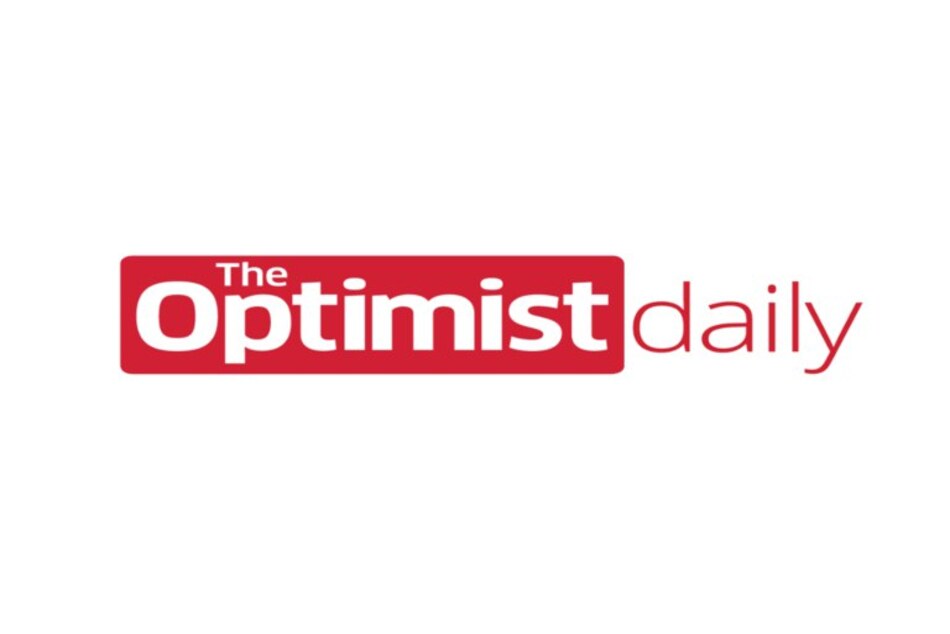Being a sustainable consumer is hard enough without companies trying to mislead us with greenwashing advertisements. That’s why advertising officials from the Dutch Advertising Code Committee, a national marketing and advertising watchdog in the Netherlands, are putting their foot down and ordering multinational oil and gas company, Shell, to stop the ads that claim customers can make their fuel purchases “carbon neutral” by paying for carbon offsets.
The logic behind the decision is pretty clear cut: Shell cannot prove that these claims are true.
Shell has two weeks to appeal the decision, and after that, the court will make a final decision, which could potentially stronghold Shell into pulling the ads. Shell joins BP and Chevron, who have also been hauled to court for greenwashing. Even though the demand isn’t legally binding, it is a step in the right direction.
The 95-page filing challenges a specific Shell ad campaign that tells customers that if they pay an extra cent per liter of fuel, the money will go to forest conservation and tree planting projects that are in place to cancel out the carbon pollution associated with the fuel. Nine legal students at Vrije University’s Climate Change and Sustainability Law Clinic in Amsterdam were skeptical when they came across the claim and decided to investigate the carbon credits on offer. Their findings were unsatisfactory.
“For example, one form of carbon compensation that the company offers is a pledge to protect forests in Peru from logging. Our research shows that this forest was not actually being logged in the years before Shell started protecting it,” Lisa van Langen, one of the students, says in a statement. “Also, forests are absorbing increasingly less carbon, and the forest could burn down. Shell wants to compensate climate damage that is 100 percent definite with a measure that they cannot know for sure will work, or for how long it will work.”
The new ruling is a response to a complaint that these students filed in April. The Reclame Fossielvrij (Fossil-Free Advertising) campaign and Greenpeace Netherlands supported the students’ complaints.
And that’s not all—earlier in the season, a Dutch court issued a ruling that ordered the oil company to cut its carbon pollution 45 percent by the year 2030. Plus, the students and their supporters hope that this one case will open the door for a complete ban on fossil fuel advertising. There seems to be enough support for this to come to pass in the Netherlands. Six political parties have already shown support for such a ban, and just this May, Amsterdam passed a ban on fossil fuel ads in its metro stations.












